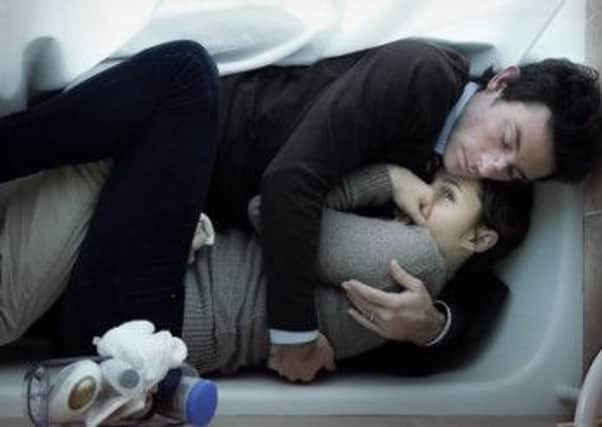Shane Carruth on enigmatic sci-fi Upstream Colour


“I don’t expect to ever be given money to do something,” says the 41-year-old director. “There’s just no common ground between the way that they traditionally operate and the way that I feel I need to.” He knows of what he speaks.
Having caused a stir on the festival circuit in 2004 with his debut film Primer, a brain-frying time travel thriller that he wrote, directed, shot, starred in, edited and sound-tracked for the princely sum of $7,000, Carruth lost the next few years developing a cerebral sci-fi film about automatons, unaware that the enthusiasm with which he was being greeted in Hollywood wasn’t genuine.
Advertisement
Hide Ad“I only have one project in front of me, so when I was continually met with smiles and confirmations that it was going to happen, I wasn’t smart enough to realise that that’s just the way people talk out there.”
Now, however, Carruth is back with a project that is, by some measure, the most singular and original film of the year. The enigmatically titled Upstream Colour revolves around a woman called Kris (Amy Seimetz) as she tries to rebuild her life after having her memory, personality and assets stripped from her by a thief. If the basic premise sounds conventional – and Kris does also fall in love along the way with a guy called Jeff (played by Carruth) who has been through a similar ordeal – the execution of the story is anything but, involving as it does brain-altering parasites, orchid hunters, ambient music, minimal dialogue and a drove of pigs that seem to share human consciousness.
“If the core of the story is solid, you don’t have to deliver a photograph of it, you can deliver an impression of it,” says Carruth, who confirms he’s spurred on by the desire to challenge the way cinematic narratives function. “I think film is still in its infancy right now and maybe in a hundred years it will be something we don’t recognise right now in the same way that I don’t think anyone in 1914 could have pointed at Star Wars or Jean-Luc Godard and predicted that was coming.” The long-term health of cinema may just be fine after all.
• Upstream Colour is in cinemas now. Follow @aliharkness on Twitter